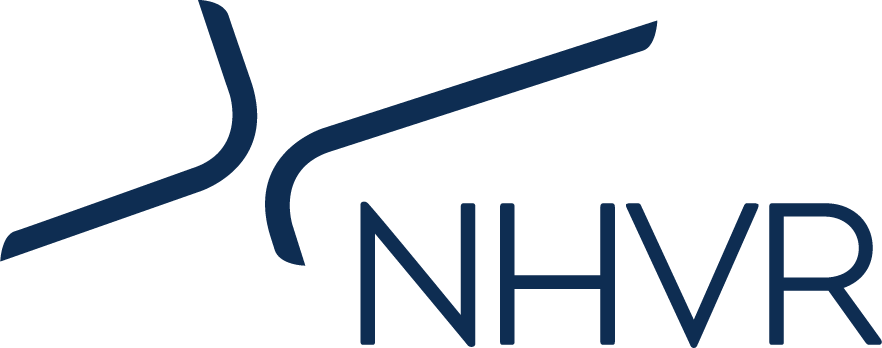
An NHVR survey of close to 40 heavy vehicle operators using Advanced Fatigue Management (AFM) has found that those taking advantage of the flexibility offered by AFM had fewer fatigue-related incidents, an improved safety culture and higher productivity than other operators.
NHVR Principal Safety Assurance Advisor Andreas Blahous said that the study followed calls for the Heavy Vehicle National Law (HVNL) to allow for increased flexibility when effective fatigue management systems are in place.
“The study demonstrates the significant benefits of AFM and a more flexible fatigue management framework for both safety and productivity,” Mr Blahous said.
“One of the most encouraging findings from the study was that businesses operating under AFM reported no fatal, serious or minor/property damage incidents attributable to heavy vehicle driver fatigue in the past 12 months.
“These findings demonstrate the benefits of a modern approach to fatigue that better manages fatigue risk, rather than the current prescriptive “one size fits all” approach.
“In addition to these results, the compliance data from on-road operations also shows that drivers working under AFM had the highest level of compliance of any work and rest option.”
Dr Bevan Rowland, who conducted the study for the NHVR, said that the study demonstrated that flexibility in fatigue rules leads to an improved safety focus within heavy vehicle businesses.
“Businesses operating under AFM demonstrated a strong safety culture – with the majority of AFM participants recording the highest levels of safety leadership, engagement, responsibility and resilience,” Dr Rowland said.
“Through understanding their own safety culture businesses are more able to engage in cultural change in manageable and measurable steps.
“The flexibility offered by AFM encourages discussions about safety and the results show that those companies that are visible in the workplace discussing safety issues are more likely to develop trust and receive meaningful engagement from staff on safety.”
Mr Blahous said the study would also support the NHVR to make changes to the AFM application process to make it more accessible for more operators.
“Through the study we collected feedback on the application process and participants offered several suggestions on how the NHVR could better support industry needs,” he said.
“We are committed to working with industry to further improve access to AFM accreditation. We want to support operators to access the productivity and safety benefits that come from participating in AFM.”

 Accessibility tools
Accessibility tools

